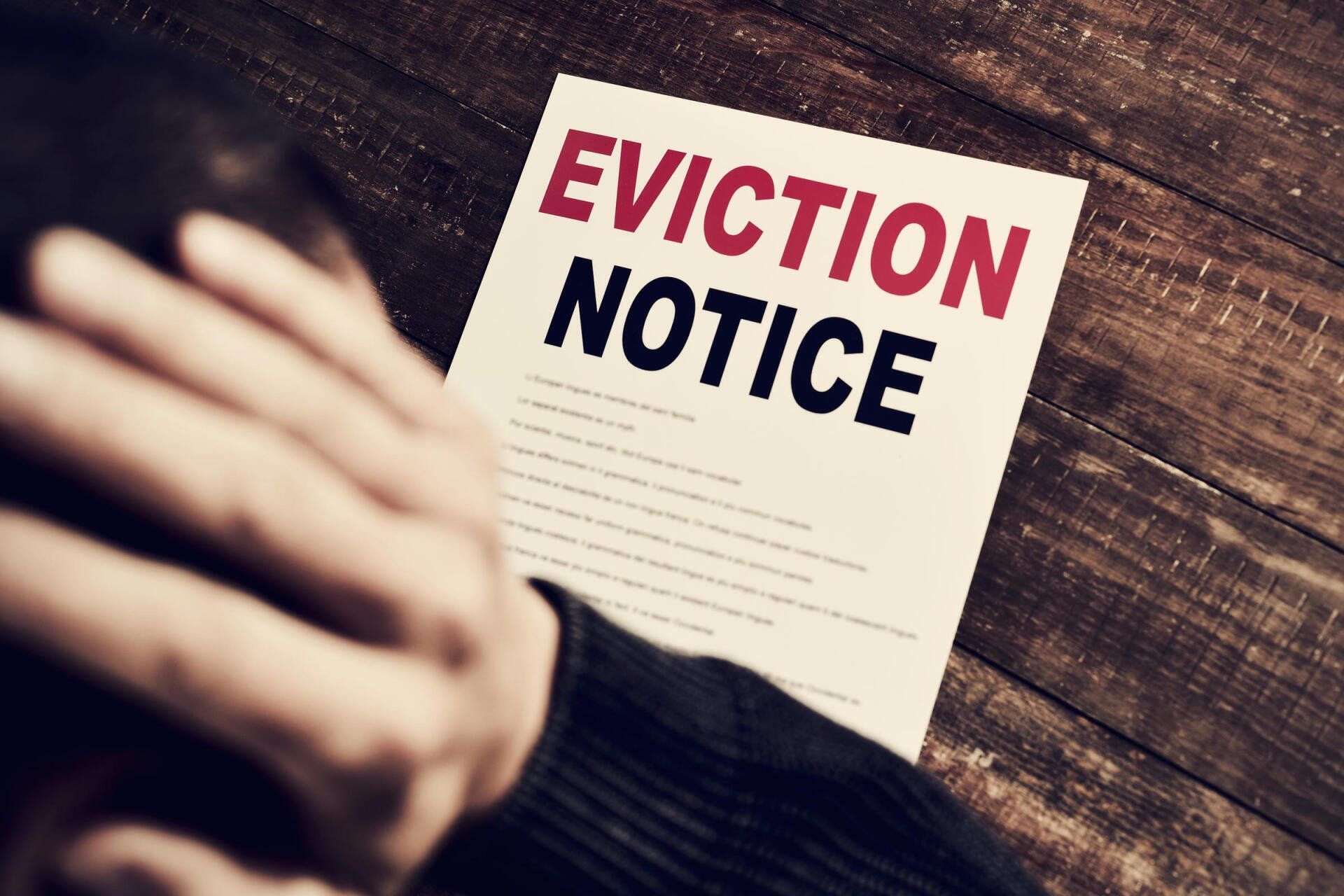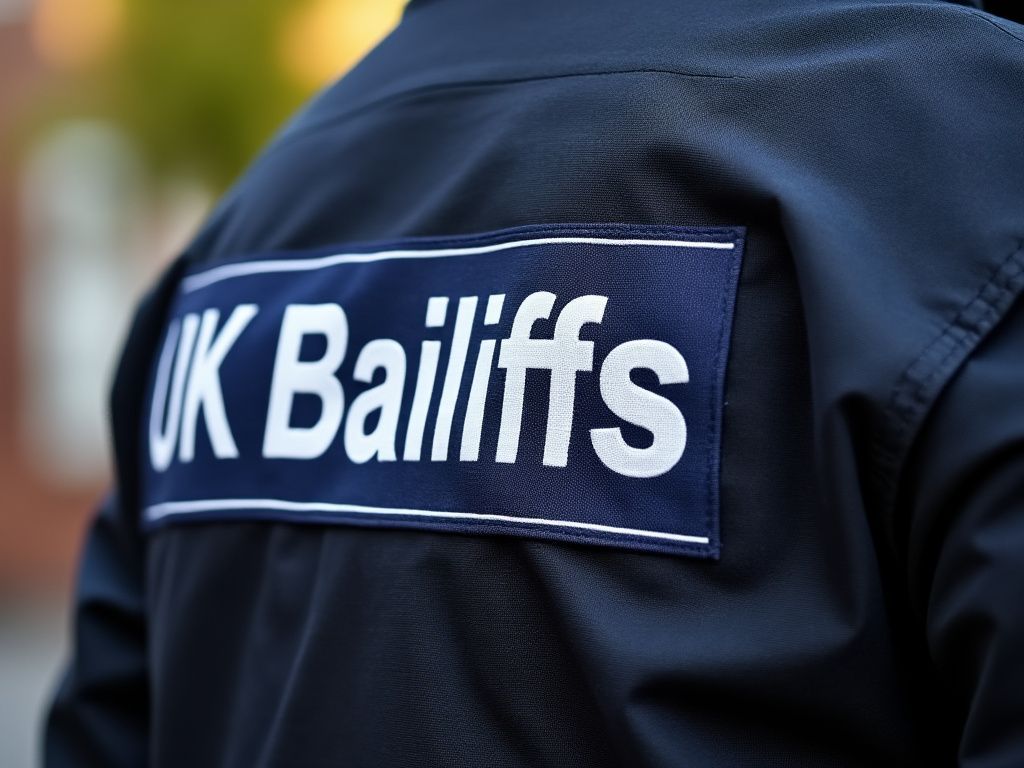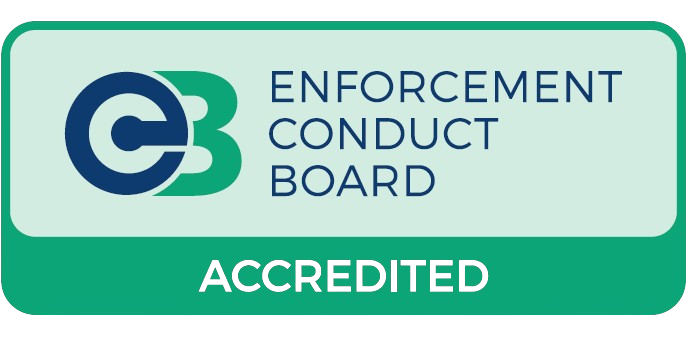NEWS and Updates
Do I need a Court Order to Evict a Lodger ?

Evicting Lodgers
As a landlord, it's important to understand the process of evicting lodgers who reside in your property. Here we explain what a lodger is and the process for eviction.
Definition : A lodger is someone who shares your home and common areas like the kitchen, bathroom, or living room.
When it becomes necessary to ask a lodger to leave, there are certain steps to follow.
Timing of Eviction
The timing of when you can evict a lodger depends on the type of agreement in place:
- Rolling Agreements: If there's no fixed term agreement, known as a rolling agreement, you'll need to give the lodger notice before asking them to leave. The notice period and whether it should be in writing should be clearly stated in your agreement. If your contract doesn't specify a notice period, you must provide reasonable notice, which is fair to both parties. Typically, one month's notice is considered reasonable, but this can vary based on circumstances such as the length of the tenancy and any breaches of the agreement.
- Fixed Term Agreements: If there's a fixed term agreement with a set end date, you can only give notice to the lodger during this period if the contract allows it. You must adhere to the terms outlined in the agreement when issuing notice.
End of Fixed Term Agreement
Once the fixed term agreement expires, you don't need to give notice for the lodger to vacate the property. However, if they wish to stay beyond the fixed term, they must reach an agreement with you.
Notice Requirements
While notice typically needs to be in writing, this depends on the terms of the contract. You can inform the lodger verbally to leave, but it's advisable to provide written notice to facilitate dispute resolution and provide evidence if necessary.
Eviction Process
You can peacefully evict the lodger once the notice period or fixed term ends. This means ensuring they leave without resorting to threats or violence. For example, you may change the locks when they are not present. It's important to note that you do not need to seek court approval for their eviction, however, the use or threat of violence is illegal.
Handling Belongings and Deposits
You're responsible for safeguarding any belongings the lodger leaves behind and should allow them a reasonable timeframe to collect them. Additionally, if there are no reasons to withhold it, you should return their deposit. Disputes over deposits can be resolved through court action if necessary.
UK Bailiffs
UK Bailiffs use specially trained agents who are highly experienced in negotiation techniques and are able to arrange vacant possession of your premises whilst remaining legally compliant. Additionally, to comply with goods remaining following the change of locks, we issue a legal notice called a Torts Notice ensuring that the tenant obliges with their legal responsibilities.
Supervised Access
If you are concerned about allowing your former tenant back into the property to collect their goods, our agents can assist in assuring a smooth and amicable exit.
If you need more information, please get in touch with our knowledgeable team.
Disclaimer : We are an enforcement agency and can not offer legal advice. We assume that all information you provide is correct and you have taken legal advice. All information given is correct at the time of publication.









